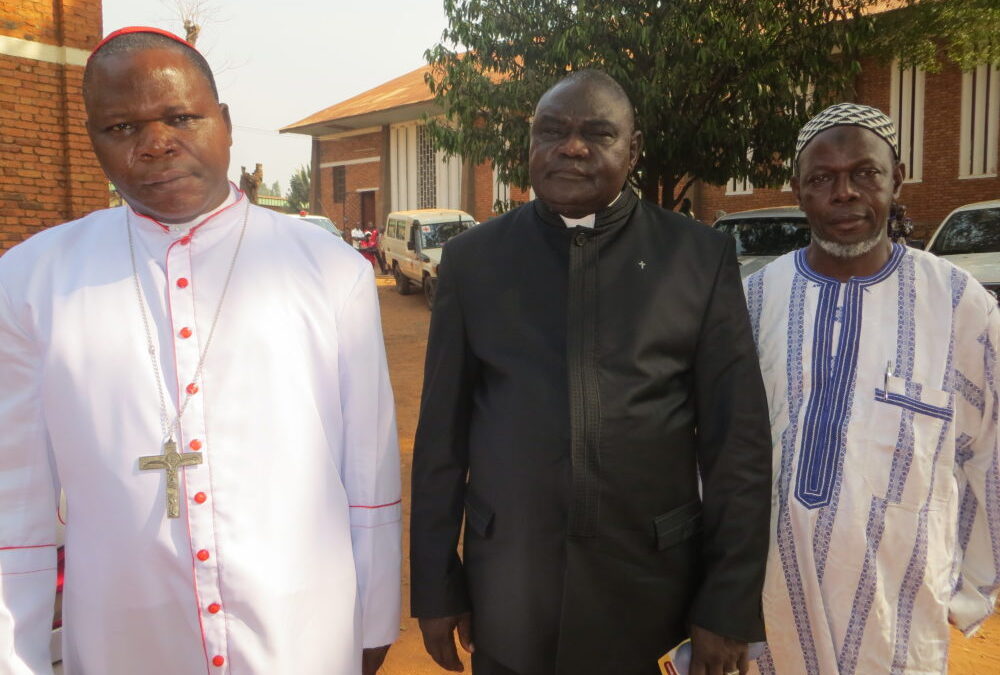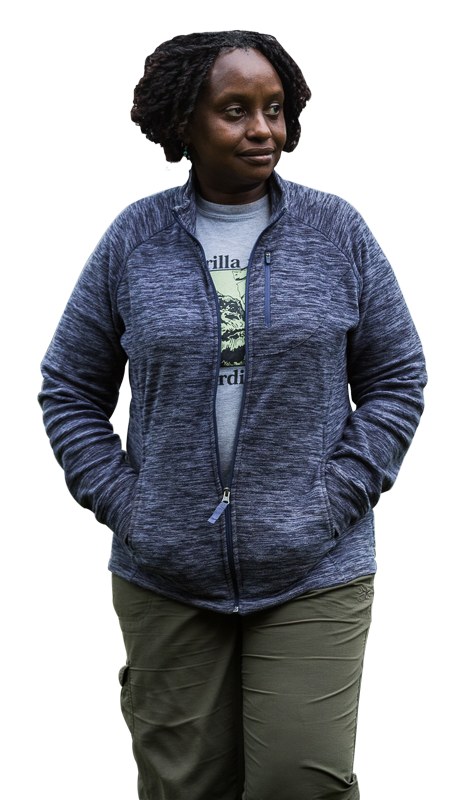It will be part celebration, part forum, and part call to action, as the Tällberg Foundation brings together a select group of participants in Mexico City on November 14 to honor the Winners of its 2018 Eliasson Global Leadership prize—and to wrestle with some of the most difficult issues facing the world today.
Drawing on a potent mix of minds from different disciplines—technologists, artists, diplomats, economists, business executives, and even a magician—a daylong workshop will start by laying out the somewhat daunting global context for the questions under discussion, then focus on three major concerns: technology and ethics, art and cultural leadership, and restoring fractured societies.
Neuroscientist Rafael Yuste, one of this year’s Eliasson prize Winners, will spearhead the first session, in conversation with U.N. diplomat and scholar Kamal Amakran. Juste’s “neuro rights” initiative addresses the ethical questions that arise from emerging disruptive technologies, such as his BRAINI brain-mapping work. Should scientists and technologists be the ones to define the world that their imaginations could make possible? How to insist on (and design) broader governance? How to inject ethical and moral judgments into the conversation?
Next, the group will discuss cultural leadership, with a panel that includes another 2018 Eliasson prize Winner, filmmaker Sharmeen Obaid-Chinoy —who has received two Oscars for her documentaries—architect Enrique Norten,Barbara Hernandez, director of SOMA, and Defne Ayas, artistic curator and educator. Given that cultural figures are often the most sensitive seismographs of otherwise invisibly gathering pressures, what is the obligation—or power—of an artist or playwright or filmmaker to lead? What constitutes great leadership from a cultural perspective, and how does it arise?
The final topic—searching for what unites, rather than divides—will draw on the experience of the three clerics of the Central African Republic’s Interfaith Peace Platform: Cardinal Dieudonnè Nzapalainga, Pastor Nicolas Guérékoyame-Gbangou, and Imam Omar Kabine Layama, all 2018 Eliasson prize Winners, interviewed by Mike Niconchuk of Beyond Conflict’s Innovation Lab for Neuroscience and Social Conflict. To be considered: Deep, even primordial fissures (race, religion, national identity, ethnicity), have resurfaced in many societies, and been cynically leveraged. How can leadership tools and strategies be developed to reverse this trend?
What happens in Mexico City shouldn’t stay in Mexico City. While the program, held in partnership with ITAM, will take place under Chatham House rules—i.e., not for attribution—the aim is to take an essential conversation about leadership out into the world.
Stay tuned…


